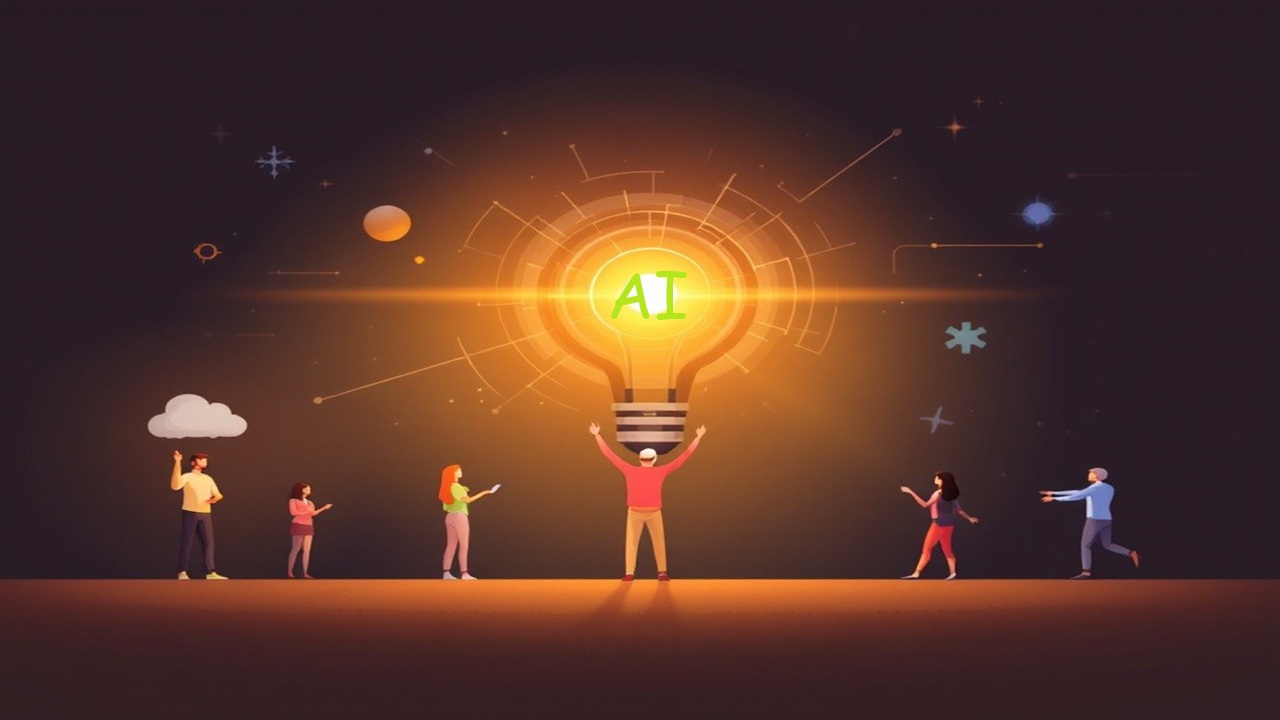By: Husam Yaghi
Artificial Intelligence (AI) is no longer a futuristic concept; it has evolved into a transformative force that touches nearly every aspect of our lives. From the way we communicate and shop to how we work and entertain ourselves, AI is at the heart of this digital revolution. Its impact is so pervasive that it is reshaping industries, redefining consumer experiences, and enabling unprecedented levels of personalization and efficiency. What was once the domain of science fiction has now become a cornerstone of modern living, seamlessly integrated into everyday routines.
A recent report by Prophet (https://prophet.com/) underscores this trend, shedding light on how consumers are not just passively adopting AI but are actively influencing its development and application. This dynamic relationship between technology and its users reflects a profound change in how society interacts with innovation. Consumers are no longer waiting for businesses to lead the way; instead, they are taking the reins, demanding smarter, more intuitive solutions that align with their evolving needs and expectations. This shift signifies a paradigm change in the perception and utilization of technology, heralding an era where the consumer’s role in driving AI adoption has never been more significant.
Consumer Adoption of AI: Key Trends
Data from the Prophet report reveals that 45% of consumers across major markets are already leveraging generative AI in their daily activities. The adoption rates are particularly striking in countries like China (60%) and Singapore (56%), indicating a global shift toward integrating AI into routine tasks.
Interestingly, Millennials emerge as the most enthusiastic adopters, with 53% actively using AI tools. Unlike Gen Z, Millennials are not just incorporating AI into their work environments but are also utilizing it for entertainment, personal development, and shopping. This generational preference suggests a nuanced approach to technology adoption, blending productivity with lifestyle enhancements.
Beyond Efficiency: AI as a Source of Inspiration
While businesses often focus on AI’s potential to streamline operations, consumers are exploring its creative and discovery-driven capabilities. According to the report, 77% of users credit AI with helping them find inspiration and uncover new possibilities.
Whether it’s generating art, composing music, or brainstorming entrepreneurial ideas, AI is becoming a creative partner rather than just a tool.
By 2025, 70% of consumers expect AI to function as a coach or an autonomous agent, transforming how people approach personal and professional goals. Imagine an AI that not only recommends a diet plan but also adjusts it dynamically based on real-time health data, or one that negotiates the best price for a new car. These capabilities illustrate the transformative potential of AI.
The Role of Trust in AI Adoption
Despite widespread adoption, trust remains a critical barrier. The report indicates that 66% of consumers are concerned about data privacy. However, transparency and demonstrated value can significantly mitigate these concerns. Brands that prioritize open communication about how data is used and offer clear benefits stand a better chance of earning consumer trust.
For organizations, this means implementing robust data privacy measures and ensuring that AI solutions provide tangible value. The relationship between consumers and AI is akin to any partnership—built on mutual benefit, transparency, and reliability.
Future Opportunities in AI
The potential applications of AI extend far beyond its current use cases. The report highlights several areas where consumers see significant value:
- Health Monitoring: 63% of consumers believe AI will enable more effective health management by providing real-time insights and personalized recommendations.
- Financial Management: 62% see AI as a tool for enhancing financial well-being, from budgeting to investment planning.
Brands that can align their AI strategies with these aspirations will lead the market. It’s not enough to automate existing processes; companies must reimagine experiences to genuinely improve lives. AI-enhanced solutions that empower creativity, foster health, and optimize financial stability are poised to dominate.
Strategic Takeaways for Brands
The consumer-driven AI revolution demands a shift in how businesses approach this technology. Here are key strategies for brands:
1. Emphasize Personalization: Leverage AI to deliver tailored experiences that resonate with individual needs and preferences.
2. Build Trust: Prioritize data security and transparency to address consumer concerns and foster loyalty.
3. Think Beyond Automation: Explore AI’s potential to inspire creativity, drive innovation, and improve overall quality of life.
4. Focus on Collaboration: Position AI as a partner in achieving goals rather than a passive tool.
Conclusion
The AI revolution is already transforming consumer behavior, with individuals leading the charge in integrating this technology into their lives. For businesses, the challenge lies in not only keeping pace but also innovating in ways that align with consumer expectations. The brands that succeed will be those that envision bold, creative applications of AI, fostering deeper connections and delivering meaningful value.
The question now is: How will your organization adapt to this evolving landscape?
Disclaimer: “This blog post was researched and written with the assistance of artificial intelligence tools.”
